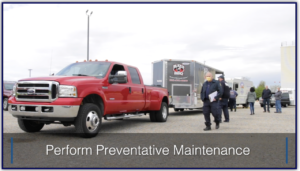Michigan Safety Experts Cooking Up Food Truck Safety
The Michigan Fire Inspectors Society and the Michigan Propane Gas Association (MPGA) are helping Food Truck operators get their rigs ready for the 2023 season.
“There are thousands of food trucks and trailers in Michigan,” said Derek Dalling the executive director of the MPGA. “Food truck owners use propane for its portability, because it is a safe fuel to use, and because propane helps chefs cook foods fast and easily. Plus propane is eco-friendly with minimal emissions.”
To pass the fire safety inspection, including the propane inspection, food truck operators are required to comply with state and national standards before operating a food truck. Learn more about propane food truck safety at: MISafeFoodTruck.com
Food trucks use propane to for cooking and heating which is a safe and environmentally sound fuel. Care needs to be taken when building out a food truck or trailer. Trained appliance installers that specialize in RVs or boats are good place to learn the basics. Buy a food truck from an established manufacture is often times the best solution.
 “Michigan has very safety-specific codes for traditional restaurants but when you add wheels to the equation the rules can change from county to county. In most cases an operator can learn more about regional safety standards from their local health department. Regarding their cooking fuel they should contact their local fire department,” said Larry Otto, MPGA Safety Chairmen.
“Michigan has very safety-specific codes for traditional restaurants but when you add wheels to the equation the rules can change from county to county. In most cases an operator can learn more about regional safety standards from their local health department. Regarding their cooking fuel they should contact their local fire department,” said Larry Otto, MPGA Safety Chairmen.
The food truck industry is outpacing the broader food service sector. In the U.S. Food Trucks bring in $1.2 billion in yearly revenue, according to IBIS Marketing. The industry was growing at an annualized rate of 7.5 percent between 2016-2021.
“We are experiencing many new operators that choose to repurpose trucks and trailers, and convert them into mobile food vehicles. Unfortunately, they often choose to do the work themselves, without the benefit having licensed contractors perform the installations. This can prove to be an expensive practice, and a dangerous one, if electric service or gas lines are done by unlicensed individuals. Please use professional installers when work is needed on your mobile food vehicle.” said Lt. Bill Smith of the Grand Rapids Fire Department.
Food Truck Facts
Food truck operators can learn more about safety practices at: MISafeFoodTruck.com
- To prepare for a fire safety inspection is to download the “Safety Inspection Form.” It covers all of the items you will need to secure before you can use your food truck: https://www.misafefoodtruck.com/inspections/
- There are 35,512 Food Trucks businesses in the US as of 2022, an increase of 13.7% from 2021. The number of businesses in the Food Trucks industry in the US has grown 13.7% per year on average over the five years between 2017 – 2022 (according to IBBS Marketing)
- Install an automatic fire-suppression system in the truck. Because 57% of food service business fires involve cooking equipment, most municipalities require this equipment to be installed. These systems automatically dispense chemicals to suppress the flames and also have a manual switch. Activating the system automatically shuts down the fuel or electric supply to nearby cooking equipment. Have your fire-suppression system professionally inspected semiannually. The manufacturer can refer you to an authorized distributor for inspection and maintenance.
- Keep portable fire extinguishers as a backup. Class K extinguishers are designed for kitchen fires involving grease, fats and oils that burn at high temperatures. Class K fire extinguishers are only intended to be used after the activation of a built-in hood suppression system. Keep Class ABC extinguishers elsewhere for all other fires (paper, wood, plastic, electrical, etc.).
- Schedule regular maintenance on electrical equipment and watch for hazards like frayed cords or wiring, cracked or broken switch plates and combustible items near power sources.
- Schedule regular maintenance of your propane equipment. Every time you enter a food truck or trailer check the lowest level inside of the rig and check for a rotten egg smell. A rotten egg smell is the safety oder in propane letting you know there is a leak.
- Have your exhaust system inspected for grease buildup. The NFPA Fire Code calls for quarterly inspections of systems in high-volume operations and semiannual inspections in moderate-volume operations. Monthly inspections are required for exhaust systems serving solid-fuel cooking equipment, like wood- or charcoal-burning ovens.

